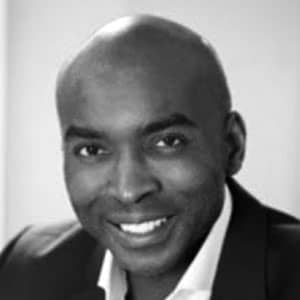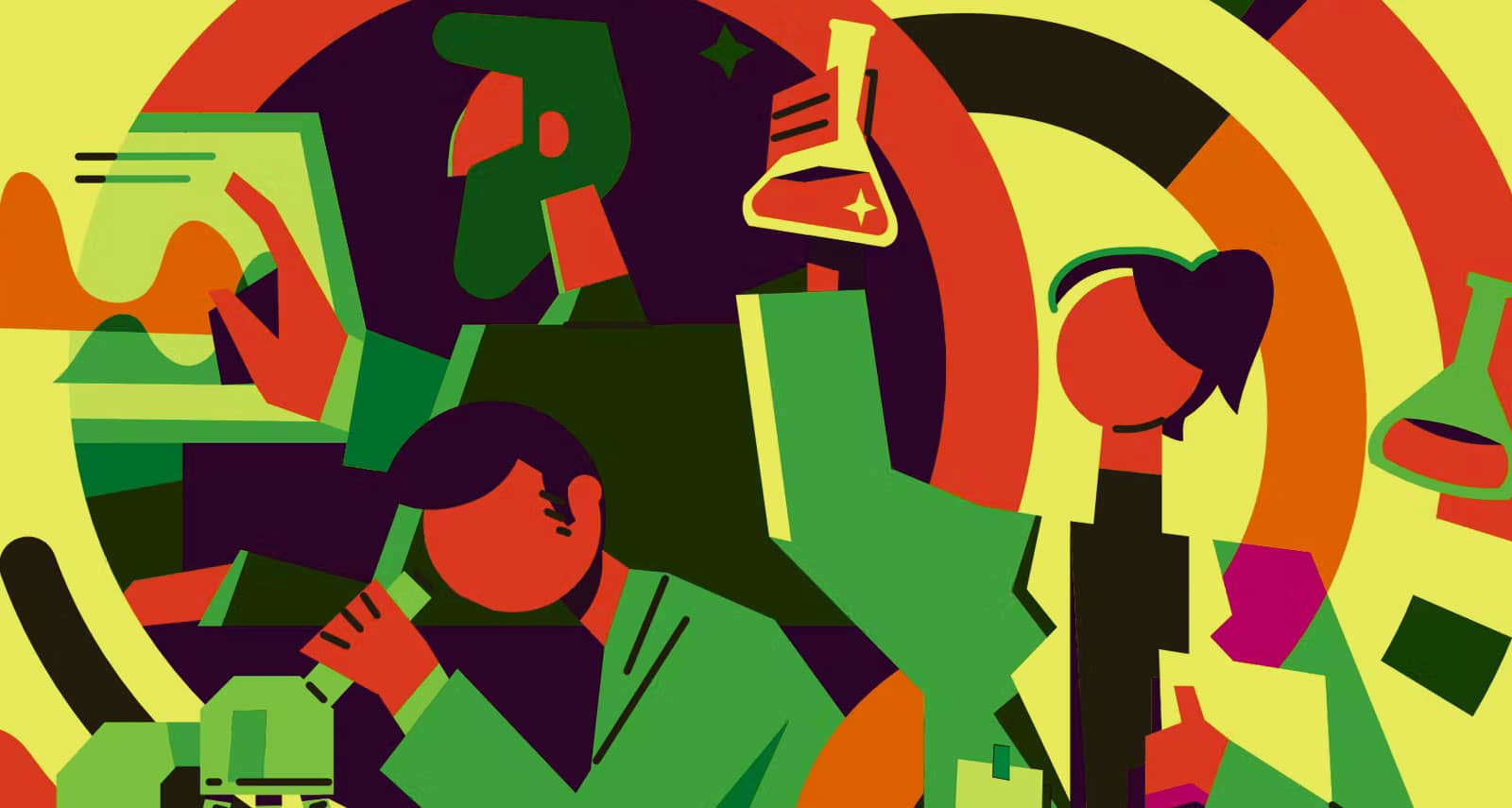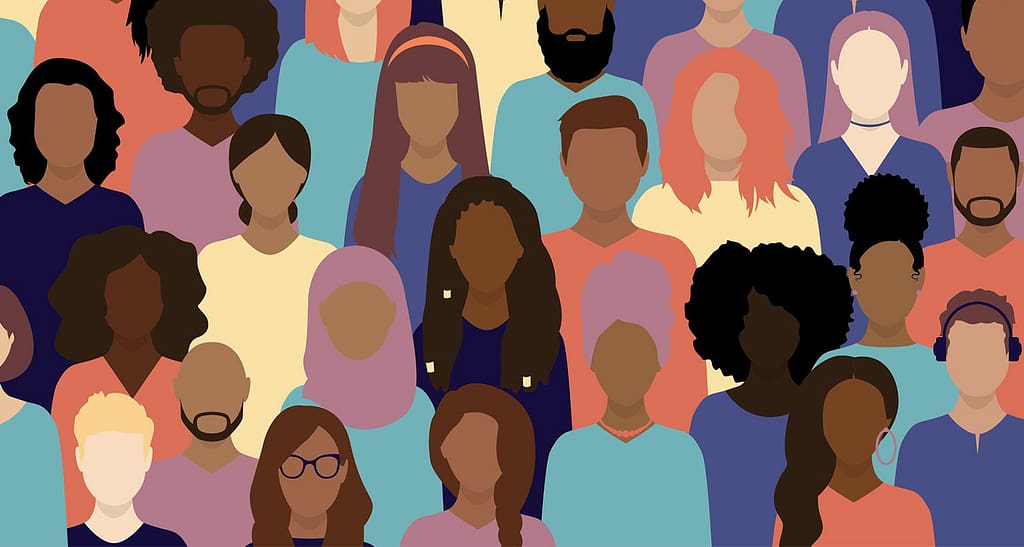
- Dr. Chidi Ngwaba
- April 1, 2021
Facebook
Twitter
WhatsApp
Telegram
Email
Vaccine Concerns: Understanding our Response
In such an era of anxiety, worry and stress, it is all too easy to fall into certain destructive mindsets. Anger, blaming, criticism and arguments have been on the increase during this period, encouraged by certain groups and sections of the media.

As we reflect on the past year, and how the pandemic has affected our lives, we remember the precious lives lost and those who are still living with the health issues caused by Covid19. We remember the livelihoods lost, businesses closed, jobs furloughed or forgotten. We remember families and relationships put under unprecedented strain —marriages, children and friendships all suffering —as we seek to find a way through this global crisis. Indeed, we seem to be in an era where:
“Men’s hearts fail them from fear and the expectation of those things which are coming on the earth…” (Luke 21:26)
In such an era of anxiety, worry and stress, it is all too easy to fall into certain destructive mindsets. Anger, blaming, criticism and arguments have been on the increase during this period, encouraged by certain groups and sections of the media. People are taking their “positions” on issues, such as the lockdown, mask-wearing, vaccines and the government’s response to the crisis. These are legitimate topics about which to have an opinion, even a strong opinion.
Where this becomes destructive is when we seek to portray anyone with an opposing view as somewhat less than us, as people not deserving our respect or attention. “We don’t need to listen to them because they are…” (you can fill in the insulting blank). Families are so divided that people stop talking to each other. It’s as if this issue is more important than our family ties.
The politicians have managed to turn this into a tribal issue too. Left-wing politicians believe one thing, while the right-wingers believe another. One might have thought that, at this time, the country could unite to help defeat a common enemy. Instead, we use that common enemy to divide us even further. This division goes beyond geographical borders to pit country against country for PPE, vaccines and death rates. We have competition rather than cooperation, resulting in prolonged suffering for all.
In the midst of all of this, I am reminded of the words of Jesus:
“Blessed are the peacemakers for they shall be called the children of God.” Matt 5:9
During this time the world is crying out for peacemakers, as there is so little peace on show. The world needs men and women, boys and girls, to halt this decline into tribalism where “we hate you and you hate us.” Being a peacemaker is not an easy, or even peaceful, job. It requires resilience, patience and strength, as well as love and understanding. In his classic book, “The 7 Habits of Highly Effective People”, Stephen Covey, in habit 5, gives us the key to peacemaking:
“First seek to understand, then to be understood”.
That person you are angry with, do you understand what her concerns are? Do you understand what in her life may have brought her to this position? Can you understand how she feels? If the answer is “No”, then how do you expect her to listen to or understand you? A lot of peace comes from understanding and forgiveness. That peace leads to a healthier life, as it is the opposite of stress, a major cause of sickness.
As we continue to navigate our way through this difficult time, let us seek to do it with love, forgiveness and understanding.

How Should Christians be Different?
September 6, 2023

The Pastoral Caregiver – Bearer of Stories
September 6, 2023

What Takes to be Different?
September 6, 2023

The Beauty of Diversity Within the Body of Christ
September 6, 2023

The Butterfly, an Object Lesson of Transformation
September 6, 2023

Mitigating the Risks of Cultural Compromises
September 6, 2023

Embracing Christ-Centered Counterculture
September 6, 2023








